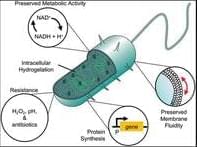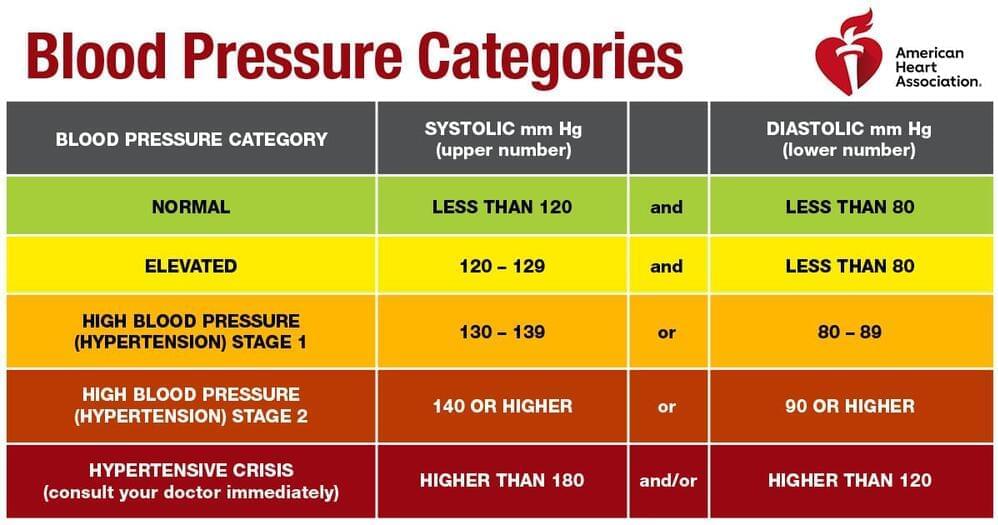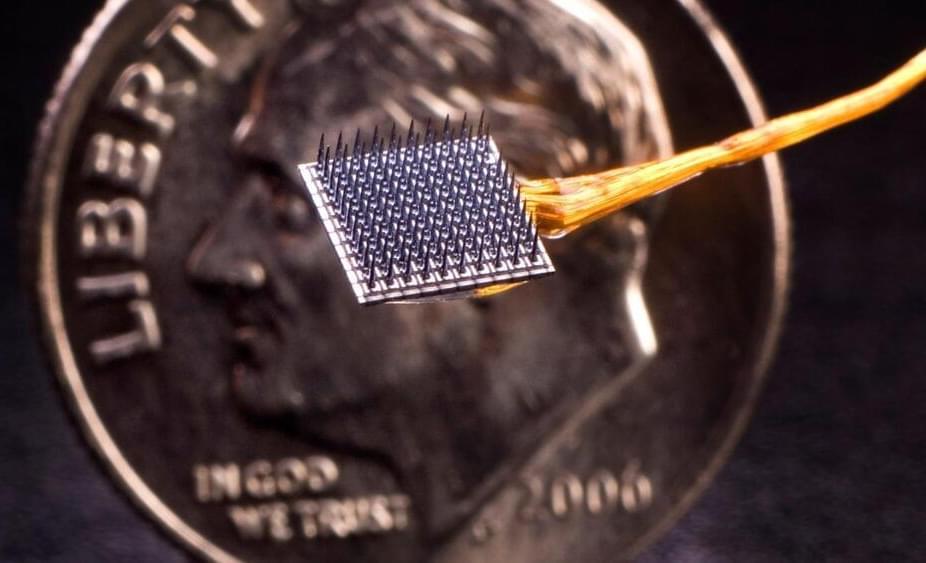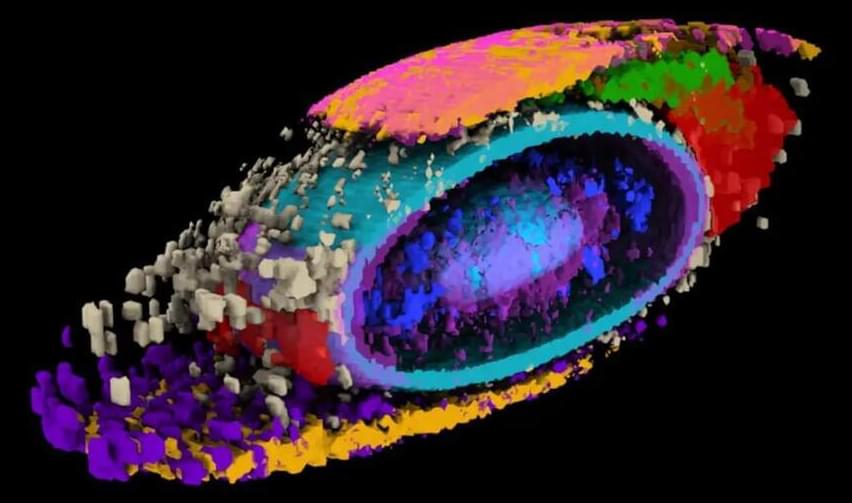𝐏𝐞𝐨𝐩𝐥𝐞 𝐚𝐫𝐞 𝐳𝐚𝐩𝐩𝐢𝐧𝐠 𝐭𝐡𝐞𝐢𝐫 𝐛𝐫𝐚𝐢𝐧𝐬 𝐚𝐭 𝐡𝐨𝐦𝐞 𝐭𝐨 𝐢𝐦𝐩𝐫𝐨𝐯𝐞 𝐟𝐨𝐜𝐮𝐬 𝐚𝐧𝐝 𝐜𝐥𝐞𝐚𝐫 𝐛𝐫𝐚𝐢𝐧 𝐟𝐨𝐠. 𝐁𝐮𝐭 𝐢𝐬 𝐢𝐭 𝐬𝐚𝐟𝐞?
In 2021, Craig Gibbons was diagnosed with Lyme disease. His doctor prescribed him antibiotics, but the medication failed to eliminate one of his most debilitating symptoms: a lasting brain fog that made it difficult for him to focus or recall information.
So he went with a different approach: at-home brain stimulation.
Over the past few years, Gibbons had been experimenting with transcranial direct current stimulation, or tDCS, which delivers weak electrical currents to the brain through electrodes attached to the head.
Anna Wexler, an assistant professor of medical ethics and health policy at the University of Pennsylvania, studies why and how people use brain stimulation at home. She’s found that people are using the devices to treat mental health disorders or to improve mental performance.
“Depression and anxiety are the top two indications for people,” Wexler said. “But other reasons people used it for were for enhancement, so to improve focus, to improve memory, things like that.”






